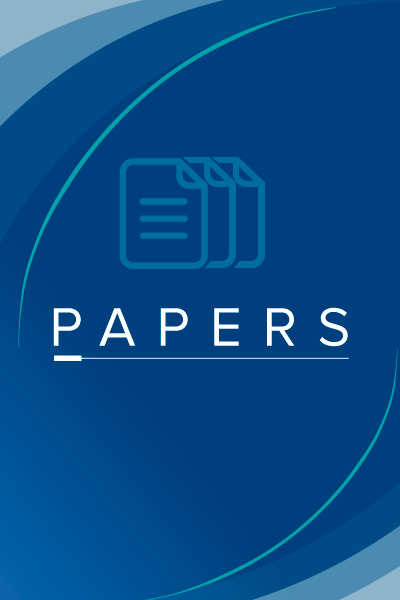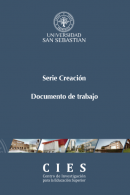
Informal coercion in psychiatry: a focus group study of attitudes and experiences of mental health professionals in ten countries
| PROCEDENCIA(S): | Ciencia y Medicina, Ciencias para el Cuidado de la Salud, USS de La Patagonia. |
|---|---|
| CATEGORÍA(S): | Enfermería, Ética, Ética Médica, Psiquiatría, Servicios y Cuidados en Ciencias de la Salud. |
| AUTOR(ES): | Emanuele Valenti / Ciara Banks / Alfredo Calcedo-Barba / Cecile M, Bensimon / Karin-Maria Hoffmann /Veikko Pelto-Piri / Tanja Jurin / Octavio Márquez Mendoza / Adrian P.,Mundt / Jorun Rugka / Jacopo Tubini / Stefan Priebe. |
| TIPO DE MATERIAL: | Artículos, Investigación. |
| ARCHIVO: |
 Reconocimiento CC BY. Esta obra está bajo una Licencia Creative Commons Reconocimiento CC BY 4.0 Internacional.
Reconocimiento CC BY. Esta obra está bajo una Licencia Creative Commons Reconocimiento CC BY 4.0 Internacional.
Purpose Whilst formal coercion in psychiatry is regulated by legislation, other interventions that are often referred to as informal coercion are less regulated. It remains unclear to what extent these interventions are, and how they are used, in mental healthcare. This paper aims to identify the attitudes and experiences of mental health professionals towards the use of informal coercion across countries with differing sociocultural contexts. Method focus groups with mental health professionals were conducted in ten countries with different sociocultural contexts (Canada, Chile, Croatia, Germany, Italy, Mexico, Norway, Spain, Sweden, United Kingdom). Results: Five common themes were identified: (a) a belief that informal coercion is effective; (b) an often uncomfortable feeling using it; (c) an explicit as well as (d) implicit dissonance between attitudes and practice—with wider use of informal coercion than is thought right in theory; (e) a link to principles of paternalism and responsibility versus respect for the patient’s autonomy. Conclusions: A disapproval of informal coercion in theory is often overridden in practice. This dissonance occurs across different sociocultural contexts, tends to make professionals feel uneasy, and requires more debate and guidance.


